CHILD OF EARTH AND STARRY HEAVEN
Binder was born in Germany and moved with her family to Colorado when she was 5 years old. Her parents continued to speak German in the house, though, much to her mother’s chagrin, Binder resisted speaking the language, which she felt marked the family as outsiders in America. It was only as an adult, as her mother was sliding into dementia, that Binder finally acquiesced in order to feel closer to her. “Sharing a language is a form of love,” she writes, “I understand this now. And when my mother doesn’t recognize me anymore, I won’t be her Lisalein, but I’ll still be with her. I’ll be the woman with the curly hair who sits beside her and speaks to her in German.” In this memoir, Binder explores her shifting relationship with her mother, Helena, during the latter’s illness, which partially coincided with the Covid-19 pandemic. At the time, Binder was living with her husband and daughter in New Hampshire and Helena had recently relocated nearby. She soon moved into a memory care facility, where Binder visited her regularly, documenting the peculiar culture of the place with its memory boxes and uninhibited residents. Sitting in Helena’s small room, Binder contemplated how memory, language, migration, and the complexities of a mother-daughter relationship had fluctuated over the course of the disease, allowing Binder to better understand Helena even as she drifted further away from her. The author writes with the probing lyricism of a poet as she wrestles to articulate her muddled emotions. “Dementia isn’t a labyrinth anymore and not the sweet lotus either,” she writes. “It’s a fire that burns inside the brain. It burns and burns and gathers strength until there’s nothing left but ashes and glowing embers. It finds its fuel in the things that make us human.” Readers will admire Binder’s refusal of sentimentality, observant eye, and determination to grasp answers that seem always on the verge of evaporation.


Binder was born in Germany and moved with her family to Colorado when she was 5 years old. Her parents continued to speak German in the house, though, much to her mother’s chagrin, Binder resisted speaking the language, which she felt marked the family as outsiders in America. It was only as an adult, as her mother was sliding into dementia, that Binder finally acquiesced in order to feel closer to her. “Sharing a language is a form of love,” she writes, “I understand this now. And when my mother doesn’t recognize me anymore, I won’t be her Lisalein, but I’ll still be with her. I’ll be the woman with the curly hair who sits beside her and speaks to her in German.” In this memoir, Binder explores her shifting relationship with her mother, Helena, during the latter’s illness, which partially coincided with the Covid-19 pandemic. At the time, Binder was living with her husband and daughter in New Hampshire and Helena had recently relocated nearby. She soon moved into a memory care facility, where Binder visited her regularly, documenting the peculiar culture of the place with its memory boxes and uninhibited residents. Sitting in Helena’s small room, Binder contemplated how memory, language, migration, and the complexities of a mother-daughter relationship had fluctuated over the course of the disease, allowing Binder to better understand Helena even as she drifted further away from her. The author writes with the probing lyricism of a poet as she wrestles to articulate her muddled emotions. “Dementia isn’t a labyrinth anymore and not the sweet lotus either,” she writes. “It’s a fire that burns inside the brain. It burns and burns and gathers strength until there’s nothing left but ashes and glowing embers. It finds its fuel in the things that make us human.” Readers will admire Binder’s refusal of sentimentality, observant eye, and determination to grasp answers that seem always on the verge of evaporation.












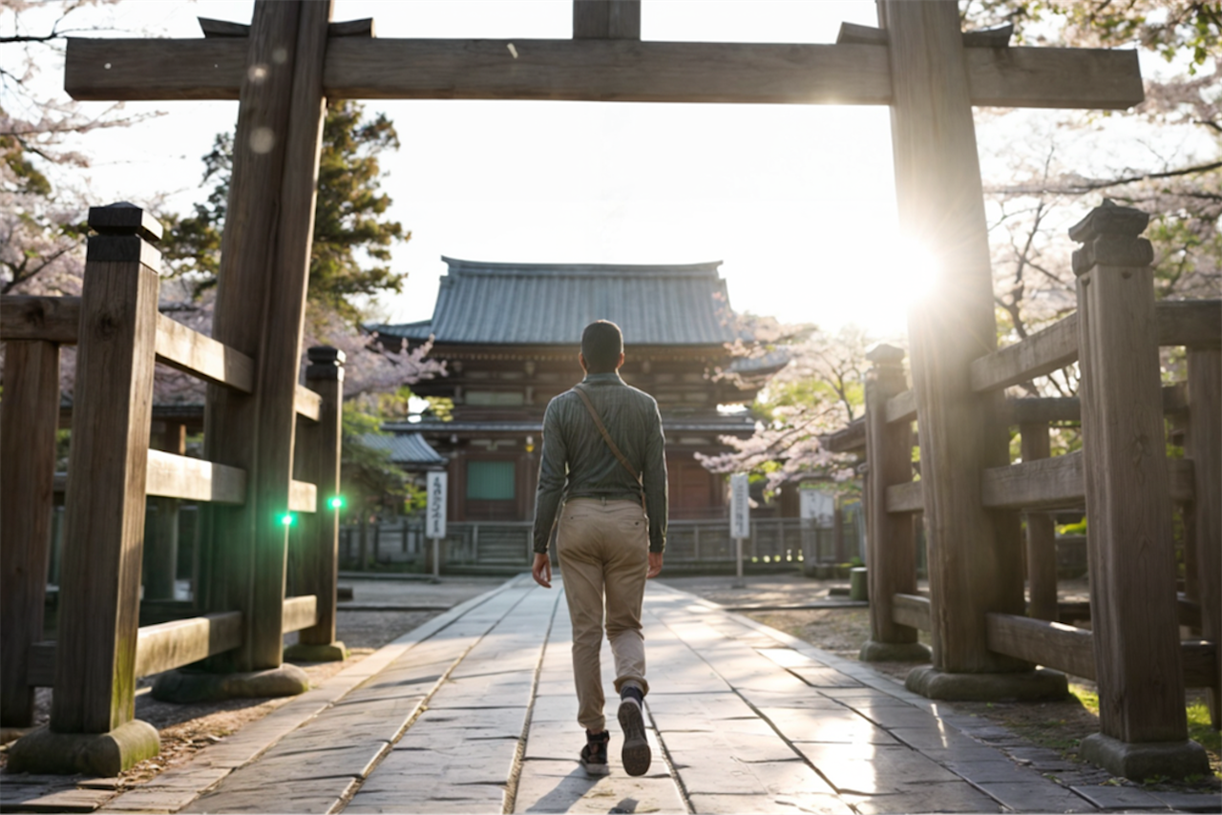
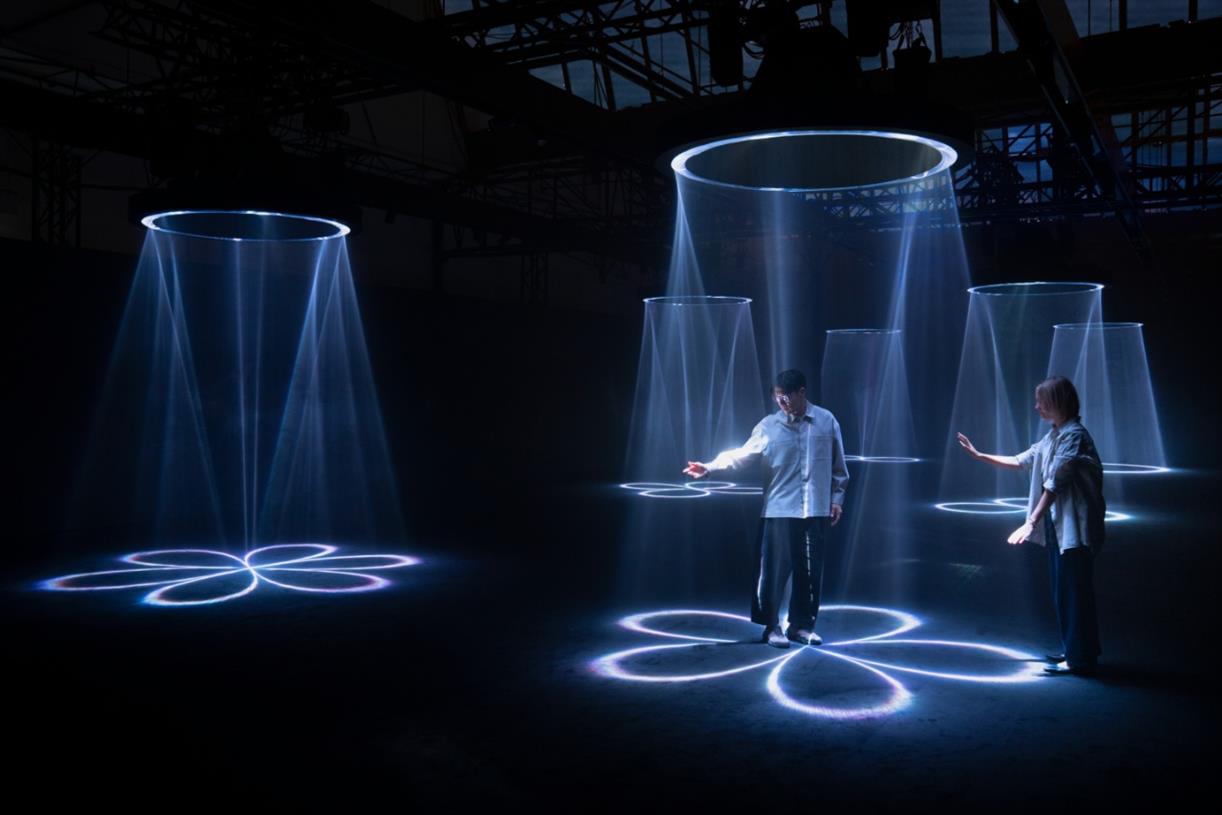





















![How to Find Low-Competition Keywords with Semrush [Super Easy]](https://static.semrush.com/blog/uploads/media/73/62/7362f16fb9e460b6d58ccc09b4a048b6/how-to-find-low-competition-keywords-sm.png)












![How Marketers Are Using AI for Writing [Survey]](https://www.growandconvert.com/wp-content/uploads/2025/03/ai-for-writing-1024x682.jpg)



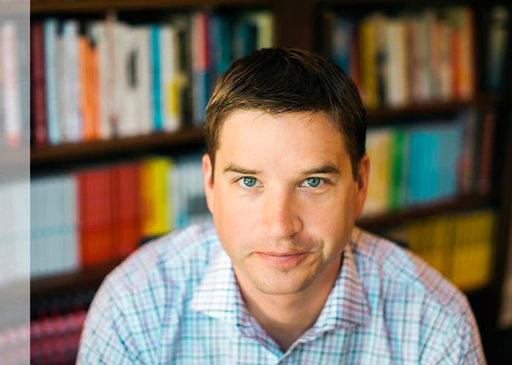
















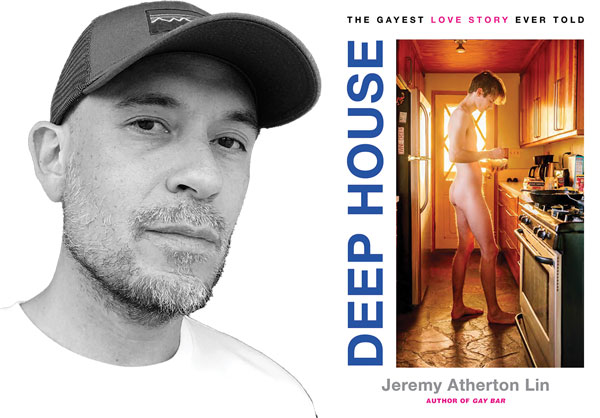
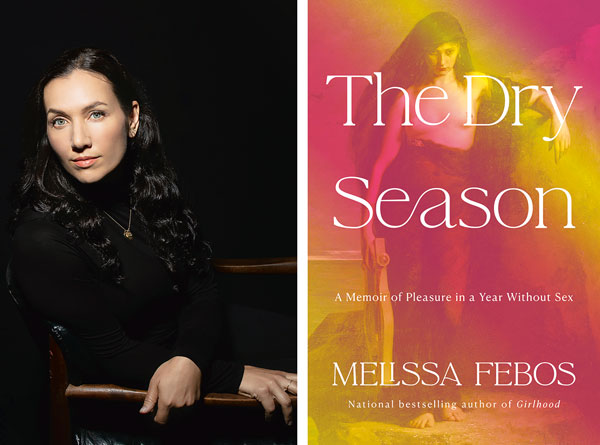



































![Ecommerce Customer Journey Mapping — How to Set Potential Shoppers Up to Buy [Tips & Template]](https://www.hubspot.com/hubfs/ecommerce-Sep-13-2023-09-08-01-7144-PM.png)


































